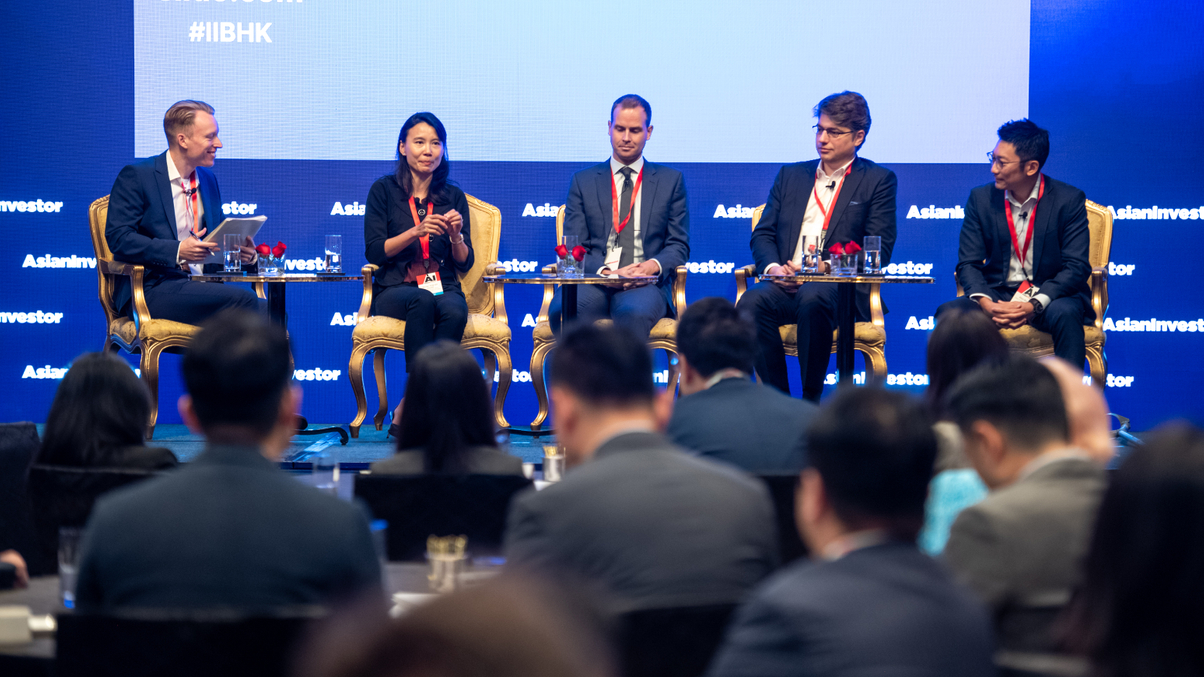Three insurance CIOs weigh in on evolving impact of IFRS 17, ESG
Shifts in regulatory frameworks are demanding an expansion of skillsets beyond asset allocation, senior executives from Sun Life, Swiss Re and Manulife said at AsianInvestor’s Insurance Investment Briefing in Hong Kong.

Chief investment officers have become a "jack of all trades" at insurance companies where they are required to juggle both the asset managment and the actuary parts of the business, according to Shiuan Ting "ST" van Vuuren, chief investment officer at Sun Life International HuBS.
Sign in to read on!
Registered users get 2 free articles in 30 days.
Subscribers have full unlimited access to AsianInvestor
Not signed up? New users get 2 free articles per month, plus a 7-day unlimited free trial.
¬ Haymarket Media Limited. All rights reserved.


